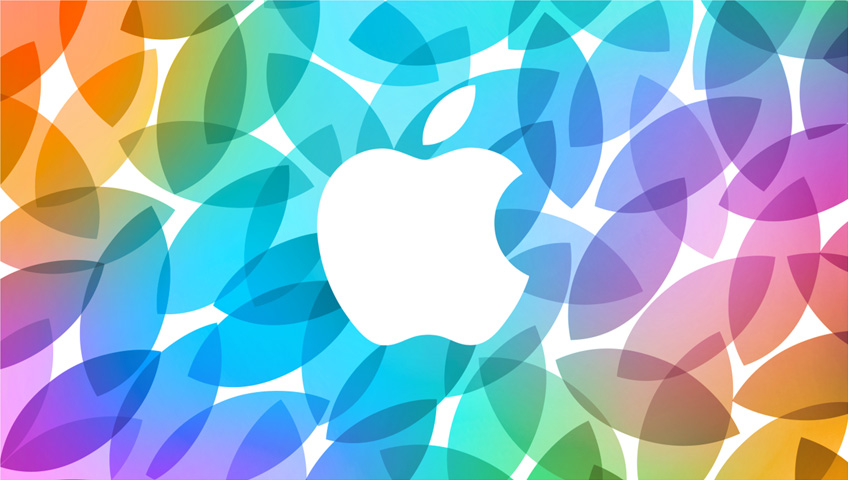Alongside the new iPad Air and iPad mini with Retina Display, Apple has also announced that iWork (including Pages, Numbers and Keynotes) and iLife (iMovie, iPhoto and Garage Band) will all be available free for all new Macs or iOS devices. While this might not be as “exciting” as the announcement of the new iPad Air, this is in fact a very important strategy that Apple is playing, and here’s why:
First Bird: The Ecosystem Trap
Obviously, by making these attractive productive softwares free, it immediately gives consumers a more compelling reason to purchase a new Mac or iOS device. This will directly translate into higher sales. We won’t know how much this effect would be, but this isn’t why Apple is making these softwares free.
Instead, by making these useful softwares free across all platforms (iOS & OS X), Apple is essentially ‘trapping’ users in the whole ecosystem. Since these softwares are free, users will start to explore them, eventually get used to them, and start to depend on them. In addition, when one starts using these softwares on the Mac, there will be a higher chance he/she wants to use it on their mobile devices (iPhone, iPad) as well, and vice versa. This makes it harder for them to switch platform(s) in the future, should they feel that there is a need to. The more the users depend on the whole Apple ecosystem, the more they are likely to remain in the ecosystem, and in the long-run, this means higher sales and customer loyalty for Apple. Not that there isn’t enough loyalty.
Second Bird: Google
One of the highlight of the new iWork for iCloud is that it allows for collaboration between different users. And if the demo during the Keynote presentation is of any indication, the collaboration can be between a user on iWork for iCloud on a web browser, and another who is using the native software on OS X. Or alternatively, both users can collaborate via the web browser, regardless of platform (even Windows too!). If iWork for iCloud gains popularity, it will severely affect Google, the current king of cross-platform collaborative softwares such as Google Docs. Google receives most of their revenue from sales of advertisements online, so if users are less dependent on Google’s services, this will directly impact on their advertisement revenue. But what’s there to gain for Apple? Since advertisement is Google’s core business, it will serve as a distraction away from Android development. Good for iOS. Of course, this is merely a speculation.
Third Bird: Microsoft
Microsoft’s tablets, the Surface 2 and Surface Pro 2, trumps themselves as the most productive tablet sone could ever buy. It comes with Microsoft Office, which is the pride of Microsoft and the one element that allows Windows to dominate the modern computing world. Of course, Apple has iWork, but they are not as popular as Office, primarily because iWork only works on Mac. With iWork for iCloud, Apple is essentially porting iWork to Windows. And this is big. Microsoft charges users for Office, and with Office 365, users must pay more than US$100 per year to use it, depending on the kind of Office used (there are numerous Office to choose from by the way, which makes purchasing one seriously troublesome). Now, Windows users are presented with an opportunity to use something arguably equal in productivity and features, yet at zero costs. Compelling? It certainly is. Once users start to get hooked on to iWork, the next logical step is to get a Mac. Then an iOS device. Then devices. Then they’ll be fully submerged in the Apple ecosystem before they even realise it. And for Microsoft, which business is largely dependent on revenue from softwares such as Office, such a situation will be scary.
The Logical Move
Mac currently has less than 10% of the desktop market share. No matter what Apple does, Mac’s share will never exceed that of Windows,’ at least not in the next 5 years. So Apple isn’t really concerned about gaining share in PC market. Since software sales hardly contributes to Apple’s revenue (most of which comes from the sales of iPad and iPhone; even sales from Mac contributes insignificantly), it does not hurt to forgo such revenue streams if it fulfils some higher objective. With nothing to lose, it is only logical that Apple is making all of these free. I’m only surprised that it took Apple so long before this happens.
Of course, these are just my personal speculation and deduction. Only time will tell whether I’m right. We shall see.
Ser Yang


















